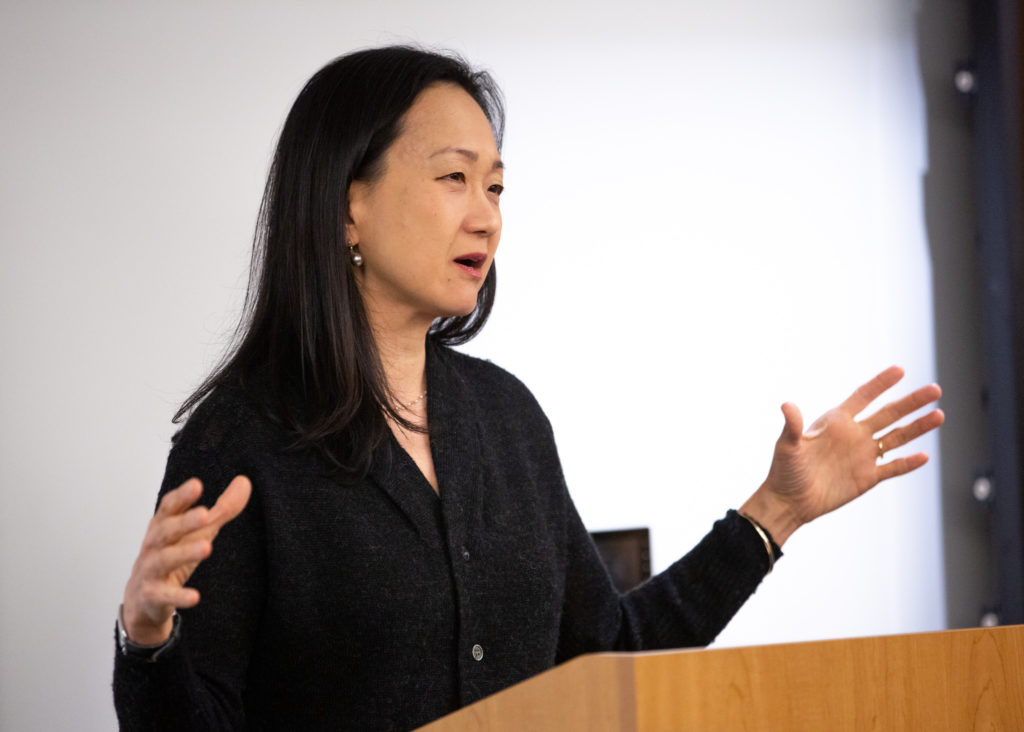

Another time, thieves broke through the back door. Someone had hidden in the building’s shared basement and sawed through the soft Sheetrock of the store wall. Twice, thieves broke into the shop in the night, setting off alarms and triggering phone calls, waking us from sleep. That year, we moved into a two-bedroom rental in the back of the same building, overlooking the parking garage, and in the evenings, I’d wait by the window for their safe return. Some people rushed down the stairs, and she dodged him by running away.Īs soon as they could afford it, Dad bought a car and started driving to work. He grabbed her in the stairwell, and she screamed. Once, a large man followed her on the train, getting off at her stop on Grand Avenue. When my younger sister was in kindergarten, Mom would leave the store to rush home by 3, leaving Dad to close up. I could not imagine a world without them. Day and night, I worried for their safety. In particular, I watched my parents because I was afraid of losing them. I learned to pay careful attention to others. I minded my own business and said nothing, hoping that if I tried to shrink myself, I wouldn’t be noticed. In class, I found it hard to concentrate. On occasion, my older sister had to step in if a bigger girl wanted to fight me. Several pretty girls took turns bullying me. I was quiet, nearsighted and confused by the newness of things. I’m the middle daughter, and because I was born in November, often the youngest in my class, although usually the tallest girl. They closed shop only on Sundays to observe the Sabbath. There they started out selling 14-karat gold chains, then later brass and nickel jewelry, plastic hair beads, ponytail holders and barrettes to street peddlers and mom-and-pop-shop owners.Įach morning, at 6 o’clock, Mom and Dad left our one-bedroom rental in a squat, red brick building on Van Kleeck Street in Elmhurst in Queens, and took the subway to the store. More of a vendor’s stall, it was a 200-square-foot corridor-shape space between 30th and 31st Streets on Broadway. In 1977, a year after my father, mother, two sisters and I arrived in New York from Seoul, my parents ran a tiny wholesale jewelry store in Manhattan’s Koreatown. This has been happening for as long as I can remember.


Some feel so threatened that they have nearly imprisoned themselves out of fear and distress. They wear hats, try to look “less Asian,” take taxis whether or not they can afford them. They walk on city streets only while accompanied by friends and exercise during the day. They told me that they stay home instead of going out, and when they do go out, they take only the safest routes, carrying pepper spray or personal safety alarms. I heard from hundreds of women and men, young and old, who described their workarounds - the extra steps they have been taking to stay physically safe. Through desperate struggles and hard-won triumphs, its members are bound together by deep roots as they face enduring questions of faith, family, and identity.Earlier this month, I took an informal poll on social media to ask Asians and Asian Americans how they had altered their daily lives in response to the recent rise of assaults against us. So begins the tale of an exceptional family in exile from its homeland and caught in the indifferent arc of history. But her decision to abandon her home, and to reject her son’s powerful father, sets off a dramatic saga that will echo down through the generations. Deserted by her married lover, Sunja is saved when a young tubercular minister offers to marry and bring her to Japan. Pachinko follows one Korean family through the generations, beginning in early 1900s Korea with Sunja, the prized daughter of a poor yet proud family, whose unplanned pregnancy threatens to shame them all. She later worked as a lawyer for several years in New York prior to becoming an award-winning fiction writer. While attending Yale she was awarded both the Henry Wright Prize for Nonfiction and the James Ashmun Veech Prize for Fiction.
#MIN JIN LEE FREE#
Lee’s debut novel, Free Food for Millionaires, was one of the “Top 10 Novels of the Year” for The Times (London), NPR’s Fresh Air, and USA Today. Min Jin Lee’s National Book Award finalist, Pachinko, is a gorgeous, page-turning saga where four generations of a poor Korean immigrant family fight to control their destiny in 20th-century Japan, exiled from a home they never knew.


 0 kommentar(er)
0 kommentar(er)
